A prominent point in the classroom that any teacher or student can recognize is that AI helps automate many tasks such as: scoring multiple choice tests, creating exams, managing records... A chatbot can provide immediate feedback on questions and assignments, helping students recognize mistakes and correct them promptly, optimizing the learning process.
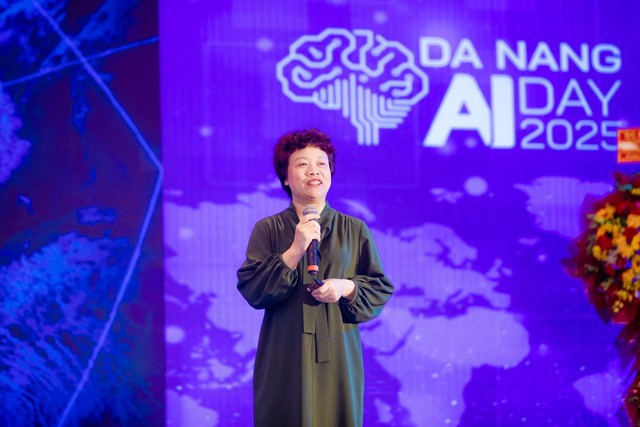
The author presented the results of research on AI application in adaptive teaching at Da Nang AI Day 2025
PHOTO: NVCC
Can be implemented in practice to personalize learning
How to make learning close to the needs and abilities of students to help them be proactive and effective is a big problem and very difficult to realize in the current classroom model.
However, based on big data, scientifically designed, AI is capable of analyzing each student's learning data (speed, strengths, weaknesses, learning style...); thereby creating a learning path, exercises and review materials suitable for individual needs, helping to fill knowledge gaps more effectively than mass methods. Obviously, with such an impact, AI is an assistant for teachers, helping students master knowledge, creating conditions for the development of high-level thinking (analysis, evaluation) when they no longer have to struggle with basic knowledge. This is really different from traditional classrooms, where most students follow a learning program with the same goals, structure, content, complexity level...
Now, anyone can easily create presentations, videos, photos... thanks to AI. Translation tools, automatic annotations help students access knowledge from all over the world . AI helps diversify learning materials (videos, 3D simulations...), helps illustrate complex concepts visually, stimulates curiosity and visualization. With just that, the classroom is bustling, exciting, and meets most of the needs of learners.
Decreased ability to problem solve and think independently
People who rely too much on AI to answer or complete assignments may paralyze their own thinking, analysis, and information synthesis processes.
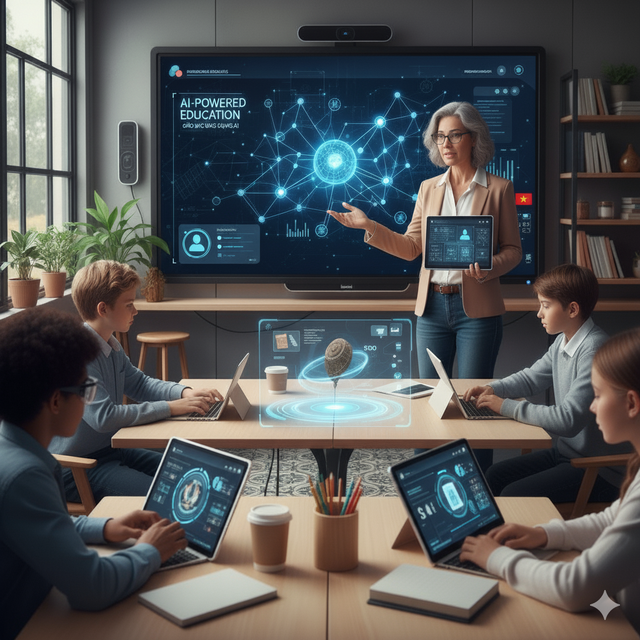
Teachers are increasingly using AI in their teaching.
PHOTO: TN CREATED BY AI
Students just want to ask AI assistants, easily copying answers instead of performing the thinking process, thereby weakening the brain's "muscles" in solving complex problems and is considered cheating in learning.
These phenomena cause a serious decline in human problem-solving and independent thinking abilities. We have pointed out that students and learners abuse, cheating and laziness in thinking are so common that they have become a problem in schools. In addition, AI also poses a risk of limiting creative and emotional thinking. If students only receive knowledge from what AI "filters", they may miss out on unique perspectives and random connections that stimulate creativity. The mechanized learning process can reduce the ability to interact socially, emotionally, and develop emotional intelligence (EQ) - an important part of comprehensive intelligence.
I don't want to say "AI is a double-edged sword", because I'm sure that AI depends on who uses it. AI brings unprecedented potential and its rightful place in the classroom, but it also has the potential to erode independent and creative thinking if abused. When using AI, we save time and brain energy, but remember "if we don't use it, it will atrophy, degenerate and gradually become useless".
Thinking is a wonderful human function. We need to learn and teach students how to master AI - using it as a supporting tool to reach the pinnacle of thinking, not a place to "outsource" their brain. AI must be an upgrading companion, not a replacement.
Beware of AI fabricating information as real
Although I personally acknowledge the wonderful applications of AI, and am also working with my colleagues to create more useful and reliable AI; but until now, and I believe, forever, AI will hardly achieve my absolute reliability.
In education, I have witnessed tragicomedies, and have advised colleagues: "Be careful because AI is a liar". Many people have encountered stories of AI fabricating information about an event that never happened but "seemed real". I myself was given information by an AI assistant that was the research result of "author Chu Cam Tho", while I had not published it. Therefore, there are many teachers who have been "mistaken", putting wrong information into lectures because they did not verify what AI created.
Also, "new authors" and "this work is associated with that author" often occur when AI analyzes. Sometimes, AI even fabricates quotes that both teachers and reviewers only notice much later.
As for teachers who are always close to students, they consider "AI's biggest insolence" to be: "AI has captivated their students, making them ask questions and trust AI more than anyone else."
Is there such a thing as human "cognitive debt"?
A study by the Massachusetts Institute of Technology (MIT media lab) in June 2025 was published in an article titled "Your Brain on ChatGPT: Accumulation of Cognitive Debt when Using an AI Assistant for Essay Writing Task", or a publication from Unicef "Generative AI: Risks and opportunities for children. How can we empower and protect children in the face of Artificial Intelligence?" (https://www.unicef.org/innocenti/generative-ai-risks-and-opportunities-children ) and a number of other scientific studies have shown: The group using AI tools to write, to support learning had the lowest level of brain engagement, significantly lower than the other two groups. Students had reduced ability to remember or cite what they had just written, compared to the group that wrote manually or only used search engines. In particular, the phenomenon of "cognitive debt" (a term used by some researchers) shows that when some people who have used AI tools to assist in writing switch to writing without support tools, it is difficult for them to restore the level of brain engagement and memory ability as the group who have never used AI tools to assist in writing.
So we have to admit that the human brain has the ability to "delay into inactivity" and then die due to lack of activity.
Source: https://thanhnien.vn/ai-tro-thu-dac-luc-hay-ke-pha-hoai-tu-duy-185251113160038732.htm




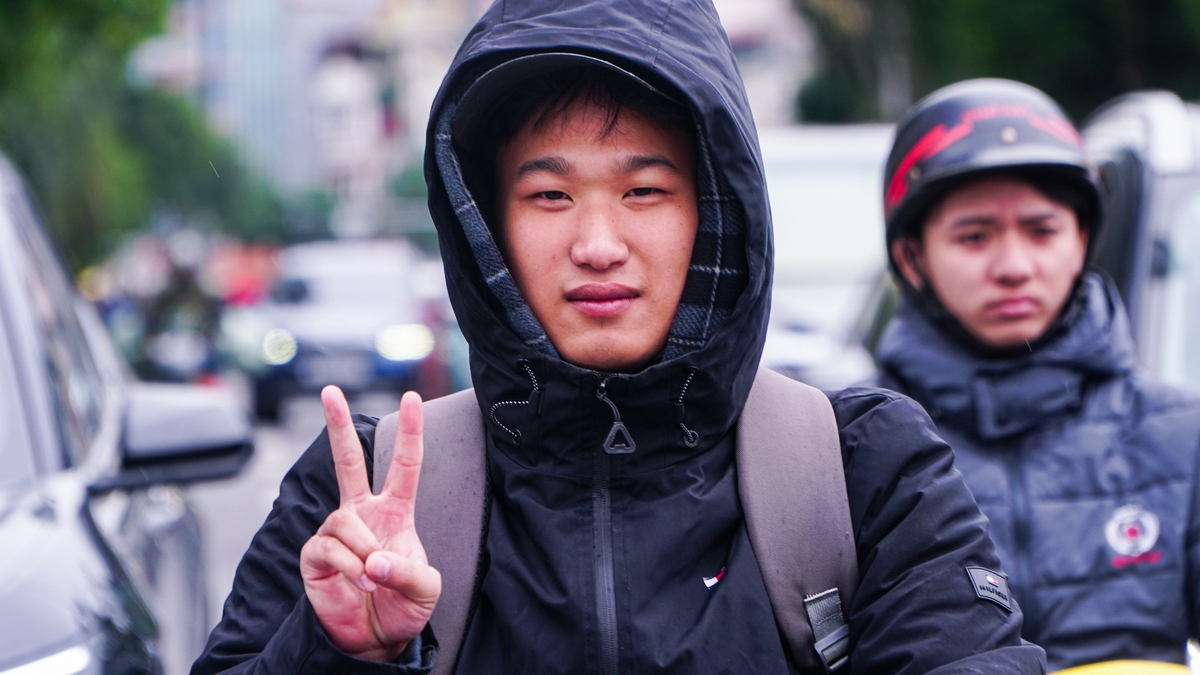


![[Photo] The Standing Committee of the Organizing Subcommittee serving the 14th National Party Congress meets on information and propaganda work for the Congress.](https://vphoto.vietnam.vn/thumb/1200x675/vietnam/resource/IMAGE/2025/11/19/1763531906775_tieu-ban-phuc-vu-dh-19-11-9302-614-jpg.webp)


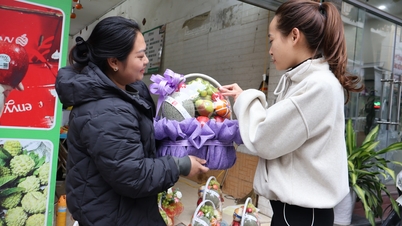



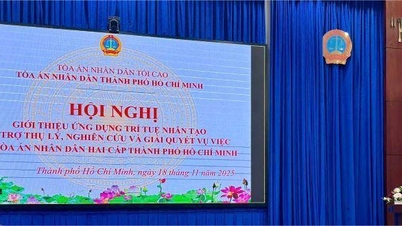

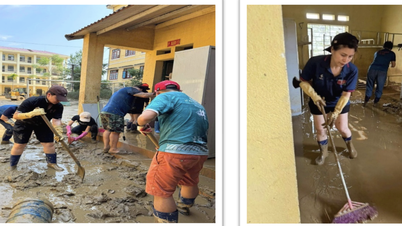

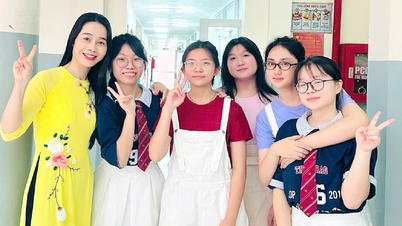

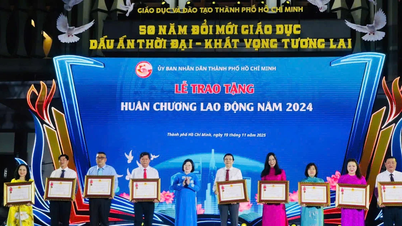


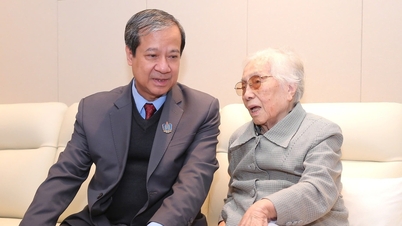













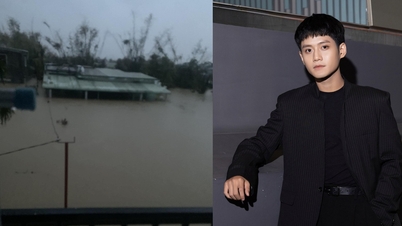
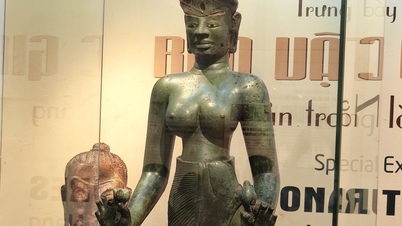

![[Photo] General Secretary To Lam receives Slovakian Deputy Prime Minister and Minister of Defense Robert Kalinak](https://vphoto.vietnam.vn/thumb/1200x675/vietnam/resource/IMAGE/2025/11/18/1763467091441_a1-bnd-8261-6981-jpg.webp)
![[Photo] Prime Minister Pham Minh Chinh and his wife meet the Vietnamese community in Algeria](https://vphoto.vietnam.vn/thumb/1200x675/vietnam/resource/IMAGE/2025/11/19/1763510299099_1763510015166-jpg.webp)












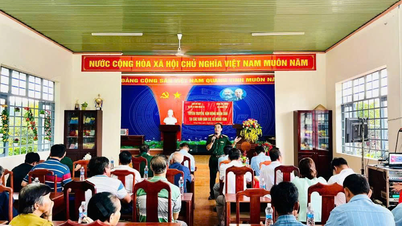






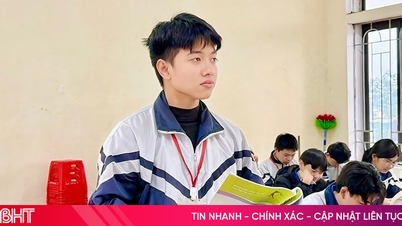





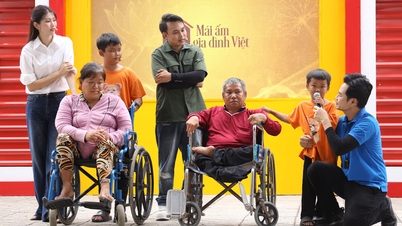









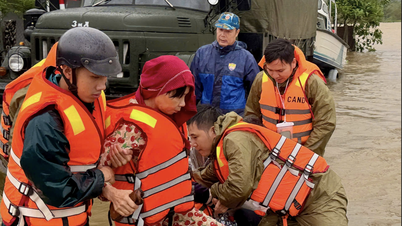













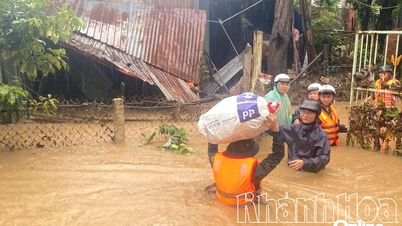






















Comment (0)